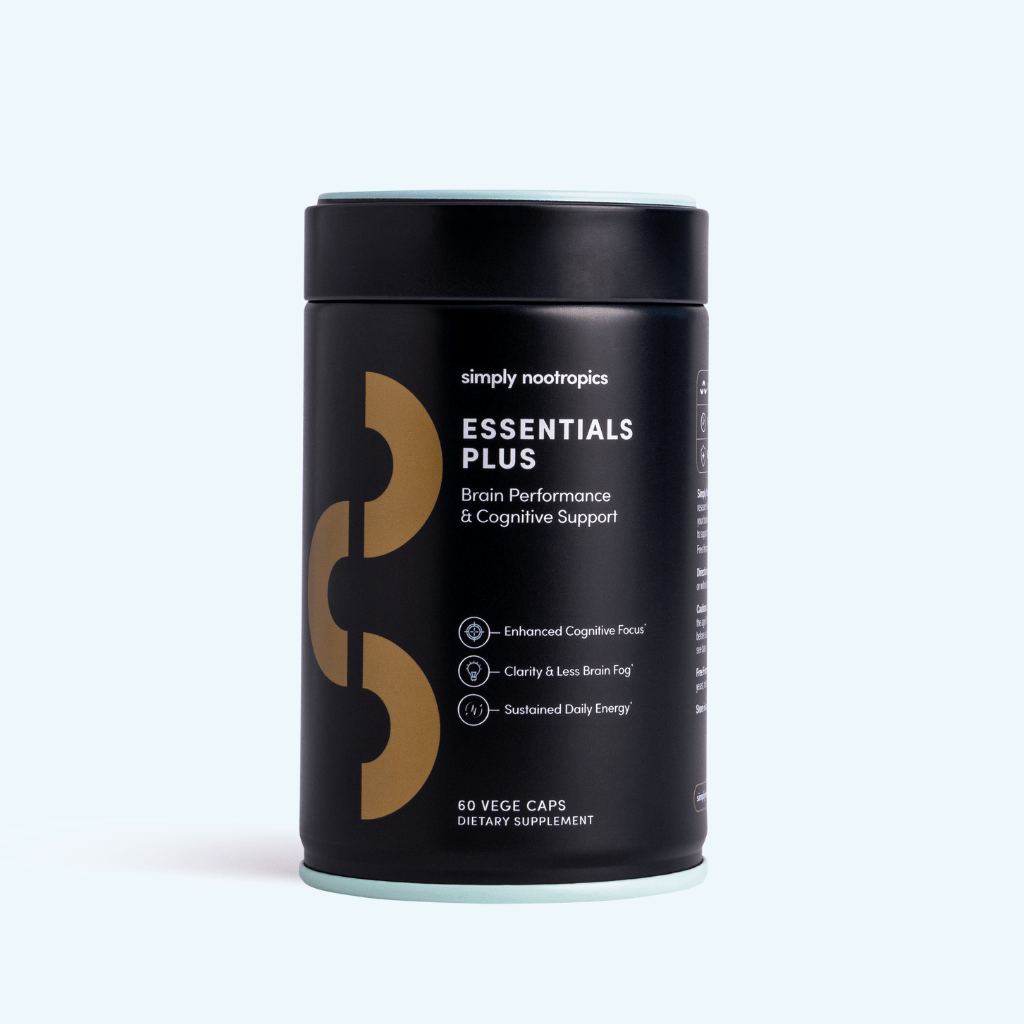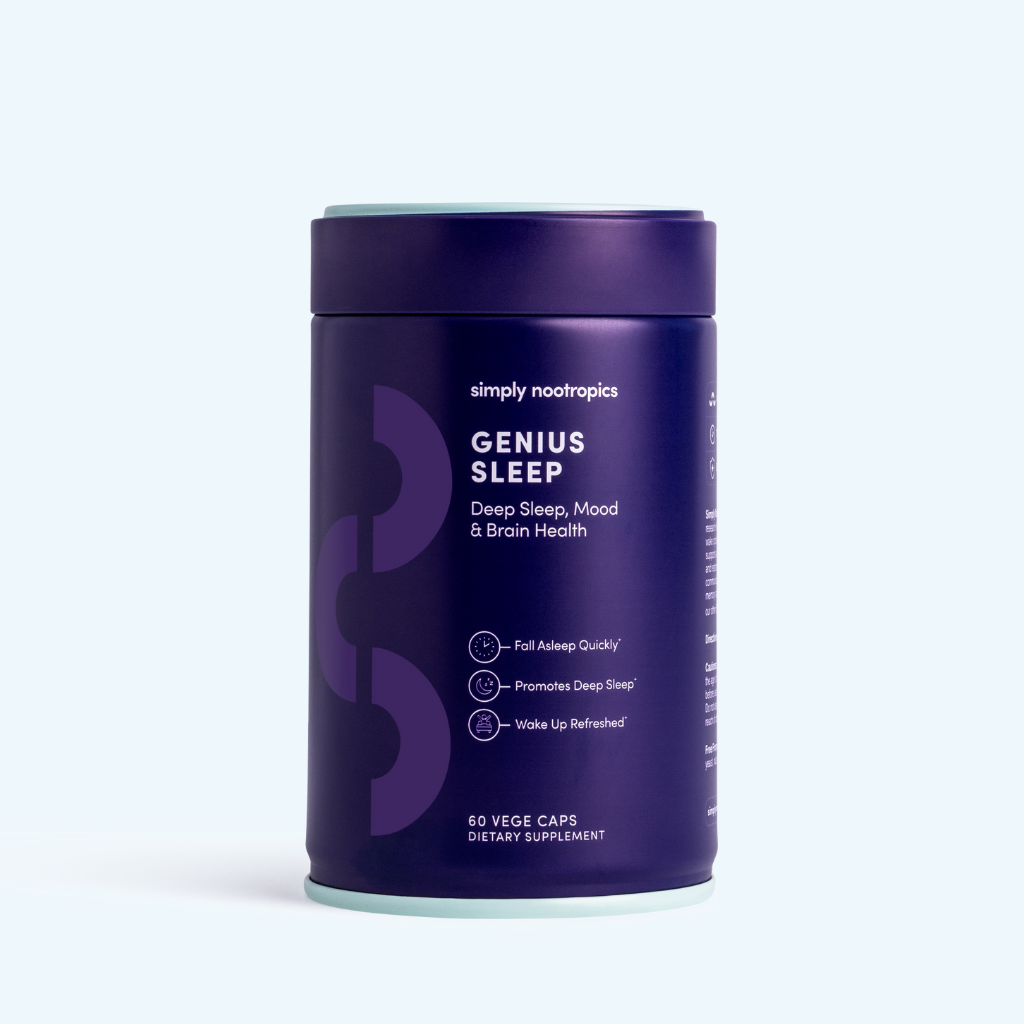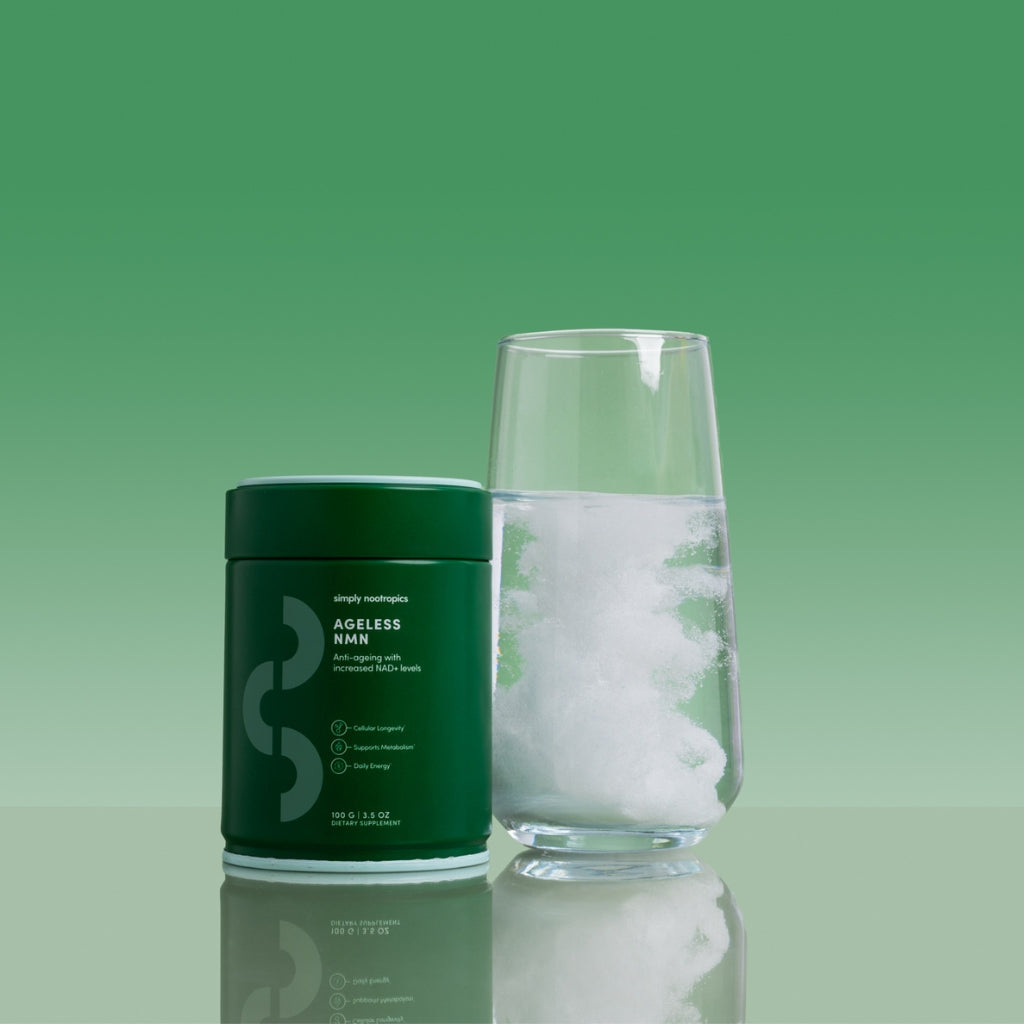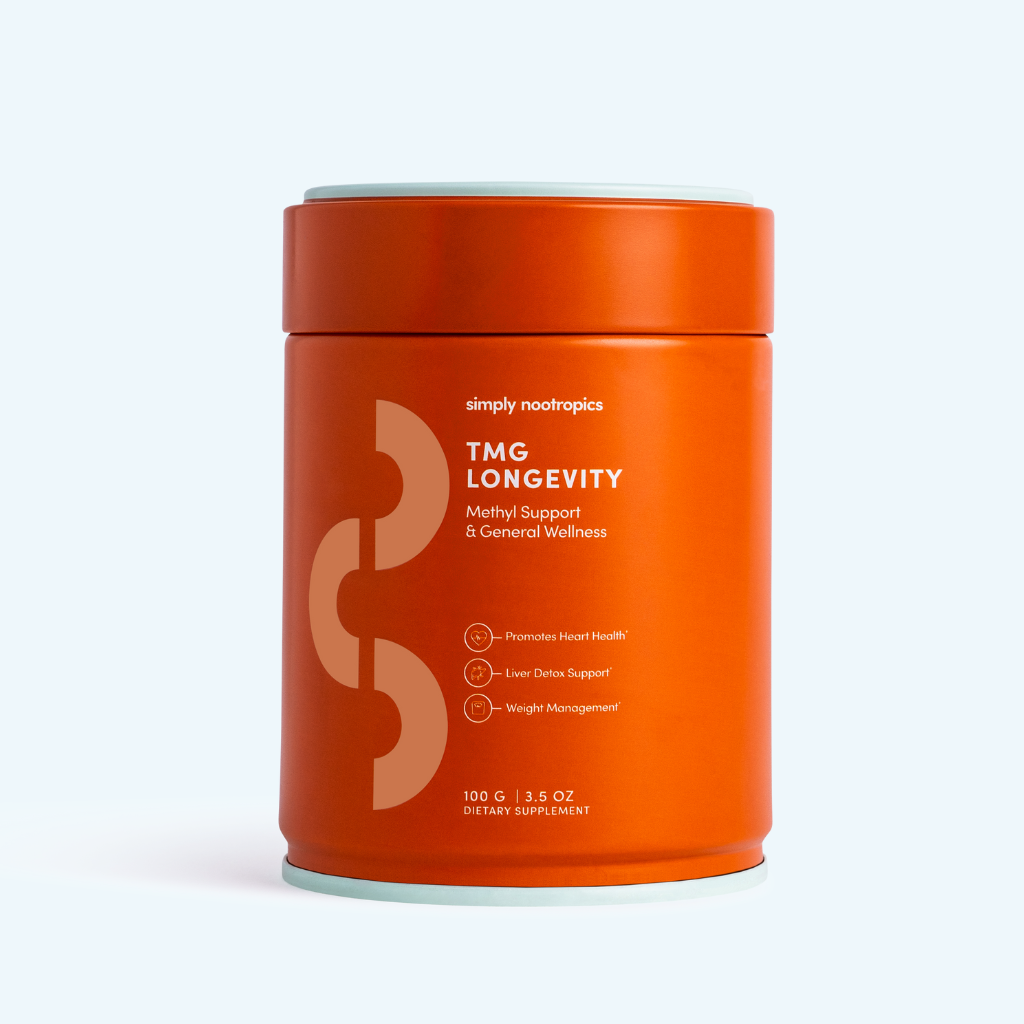From mindful eating tweaks to immune innovation, the science of ageing well continues to evolve. This week, we’re exploring four compelling studies that dig into the mechanics of longevity, from a simple way to retrain your eating habits, to a new vaccine strategy that could outsmart cancer. We’ll also look at why your body still runs on seasonal rhythms (even if your schedule doesn’t) and a promising method to slow ageing by controlling how cells die.
1. Struggling to Eat Slowly? Bento Boxes Might Be the Answer
Eating too fast is linked to everything from blood sugar spikes to poor digestion, but breaking the habit is harder than it sounds. A new study from researchers at Waseda University in Japan has shown that simply dividing your meal into separate compartments, like in a bento box, can naturally encourage slower eating.
In the experiment, participants ate identical meals in two formats: one where all items were presented together on a single plate, and another where the same items were split into individual dishes. When meals were separated, people took more time between bites and were less likely to eat mindlessly.
This simple behavioural tweak matters. Faster eating has been linked to greater calorie intake, lower satiety, and increased metabolic stress, factors that contribute to weight gain, insulin resistance, and chronic inflammation. These, in turn, can accelerate biological ageing.
By encouraging mindful, deliberate eating, separated meals may improve digestion, hormone signalling, and even vagus nerve activation. It’s a small change with the potential to support healthier metabolic rhythms, making it a surprisingly impactful longevity strategy.
2. A New Era for Cancer Vaccines? Broader Antigen Targeting Shows Promise
Traditional cancer vaccines tend to focus on targeting tumour-specific mutations. But these mutations are rare (only about 1% of the proteins on the surface of cancer cells) and their variability limits vaccine efficacy.
A new study proposes a breakthrough approach: targeting non-mutated, shared tumour antigens that are highly expressed in cancer cells but largely absent in healthy tissue. By widening the scope of what immune cells are trained to attack, this strategy could overcome some of the failures of previous therapies, especially for cancers with a low mutational burden.
The team used computational screening to identify candidate peptides that are highly present in tumour environments yet largely invisible to the immune system. In mouse models, this wider targeting led to significantly enhanced T-cell responses and tumour control.
What does this have to do with ageing? Quite a bit. Cancer risk increases exponentially with age, and any strategy that improves immune surveillance or reduces tumour escape is inherently a longevity tool. The study represents a promising move toward universal or semi-personalised cancer vaccines, ones that don’t require patient-specific tumour sequencing, making them more scalable and accessible.
3. Humans Are Seasonal Creatures
A fascinating new paper challenges the modern belief that humans have completely divorced themselves from natural seasonal rhythms. Despite artificial lighting, climate control, and year-round produce, our biology continues to show distinct seasonal patterns, affecting immune system activity, cardiovascular function, brain chemistry, and even gene expression.
The study involved analysing over 100,000 samples from people across various latitudes and climates. It found that several thousand human genes fluctuate by season, with some peaking in winter and others in summer. Immunological activity, in particular, varied strongly, perhaps explaining why people are more vulnerable to certain viruses at different times of year.
There were also metabolic implications. In colder months, energy metabolism genes shifted, possibly reflecting ancient adaptations to food scarcity or thermoregulation. Brain function wasn’t immune to seasonal change either, with markers for mood and cognition fluctuating alongside daylight and temperature shifts.
For those thinking long-term, this means we may need to seasonally adjust our health habits. Sleep patterns, light exposure, supplement timing, even cognitive load might all benefit from cyclical alignment. In a sense, our bodies still “remember” the rhythms of natural time, and tuning into those patterns could offer a powerful way to reduce systemic stress and optimise function.
4. Pausing Cell Death May Be the Key to Longevity
Another breakthrough comes from researchers exploring regulated necrosis, a form of programmed cell death distinct from apoptosis. While apoptosis is clean and orderly, necrosis is messy and inflammatory, often leading to tissue damage, immune overactivation, and scarring.
In a new preclinical study, researchers found that inhibiting necroptosis (a subtype of regulated necrosis) improved cellular resilience, reduced chronic inflammation, and extended healthy lifespan markers. This is significant because many age-related diseases, from neurodegeneration to heart failure, are worsened by ongoing, uncontrolled necrosis.
By “pausing” necrosis at critical points, the body can reduce the release of damage signals known as DAMPs (damage-associated molecular patterns), which otherwise drive inflammation and accelerate biological wear and tear. This opens up a whole new avenue for potential therapies, ones that don’t just kill damaged cells, but intelligently control when and how they die.
Importantly, this complements existing longevity approaches. Instead of replacing damaged cells, it allows more time for repair, reduces collateral damage to neighbouring tissue, and potentially works in harmony with senolytics, NAD⁺ boosters, or mitochondrial protectants.
Where It All Comes Together
Each of these findings points to a bigger picture: ageing is complex, but increasingly manageable. We’re learning that small behavioural changes (like how we eat) and advanced immunological strategies (like broader vaccine design) can both move the needle. Add to that a new appreciation for seasonal biology and smarter control over how cells die, and we’re looking at a future where healthy ageing is increasingly within reach.
All four of this week’s stories highlight the importance of metabolic resilience, detox efficiency, and immune regulation. That’s where our TMG + B-Complex can help.
This stack supports:
-
Methylation pathways, essential for DNA repair, inflammation control, and detox
-
Homocysteine balance, which helps protect your heart and brain
-
Energy metabolism, especially useful during seasonal fatigue or dietary shifts
-
Support for NAD⁺ pathways, to help your body handle metabolic stress, including post-meal glucose spikes or inflammatory cell turnover
If you’re looking to reinforce your foundation while science continues to evolve, our TMG + B-Complex is the place to start. Made to work with your routine, not against it.
















